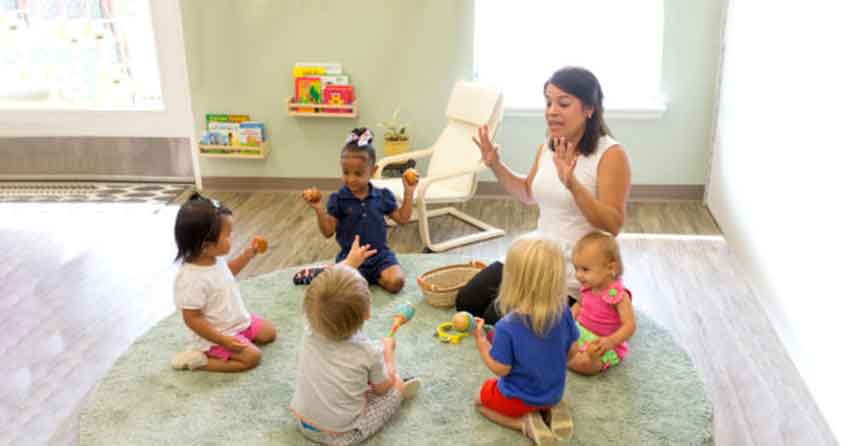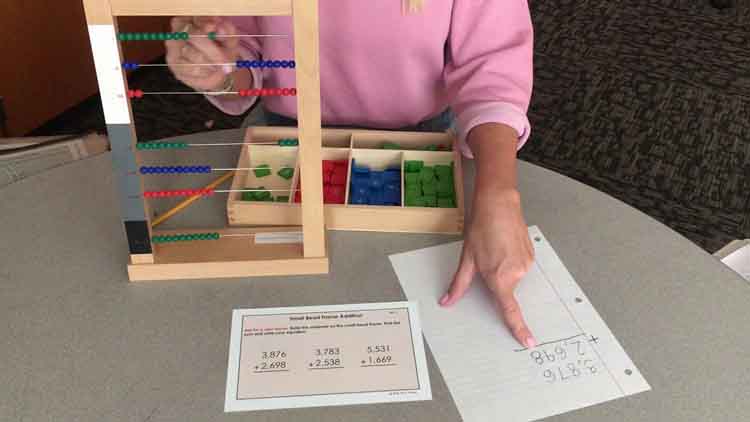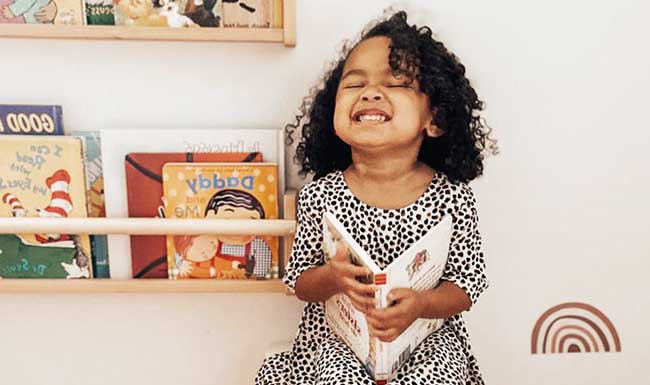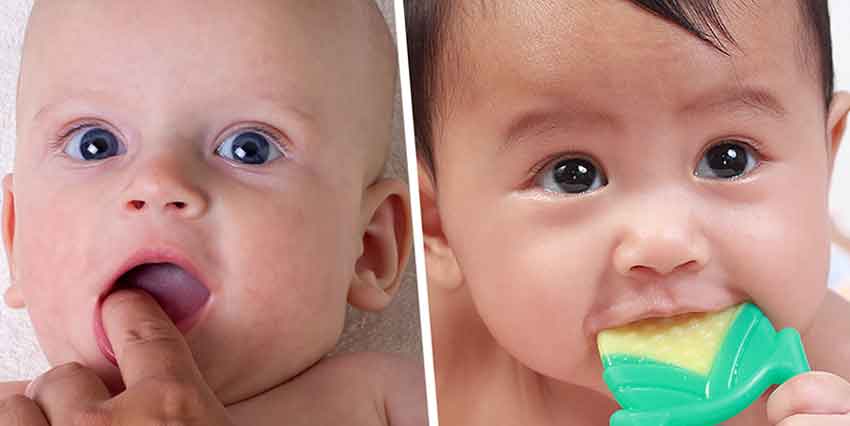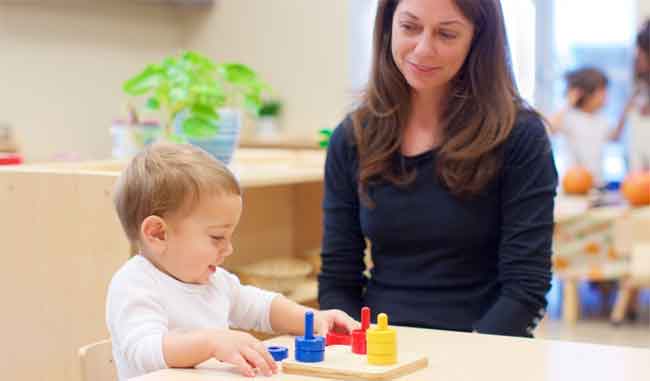Montessori education, created by Dr. Maria Montessori, emphasizes a child-centered approach that nurtures independence, creativity, and a love for learning. One of the fundamental aspects of this educational philosophy is the use of natural materials in the classroom. These materials—wood, cotton, metal, glass, and other organic substances—play a crucial role in shaping the Montessori learning environment. The preference for natural over synthetic materials is not just a stylistic choice; it aligns with the core principles of Montessori pedagogy, providing significant developmental benefits to children. In this article, we will explore why natural materials are so important in Montessori education and how they enhance the overall learning experience.
What Are Natural Materials in Montessori Education?
In Montessori classrooms, natural materials refer to those that are made from organic, non-toxic substances like wood, wool, cotton, glass, metal, and stone, rather than synthetic plastics or artificial fabrics. These materials are typically left in their natural form with minimal processing to retain their original texture, color, and properties. For example, a Montessori classroom may feature wooden puzzles, glass containers, fabric dolls, or stone blocks. These natural objects are selected for their sensory qualities, durability, and aesthetic appeal, which create a more inviting and harmonious learning environment for children.
The Benefits of Natural Materials in Montessori Education
- Fostering a Strong Connection to Nature
One of the key principles of Montessori education is to help children connect with the world around them. Natural materials provide an authentic, tactile connection to nature, allowing children to feel and interact with the world in a way that fosters an appreciation for the environment. Whether it’s the smooth surface of a wooden block or the weight of a metal spoon, natural materials help children develop an awareness of the natural world. This connection to nature is vital in cultivating respect for the environment and promoting sustainability. By using objects derived from natural resources, children can better understand the interconnections between people, materials, and the Earth.
- Promoting Sensory Development
Montessori education emphasizes hands-on learning and sensory experiences, allowing children to develop and refine their senses. Natural materials offer rich sensory input—whether through touch, sight, sound, or even smell. The texture of wood, the coolness of glass, the weight of metal, and the softness of fabric all contribute to the sensory experiences that help young learners build and strengthen their cognitive abilities.
For example, a child working with wooden counting beads experiences the tactile sensation of smooth wood, which supports the development of fine motor skills. Similarly, the sound of a metal triangle or the visual contrast between a wooden spoon and a fabric cloth promotes not only sensory awareness but also early cognitive processing, encouraging children to observe, differentiate, and explore.
- Encouraging Independence and Self-Confidence
Natural materials in Montessori classrooms are often designed with simplicity and functionality in mind. These materials are not only aesthetically pleasing but are also created to be intuitively used by children, promoting a sense of independence. For example, a wooden stacking tower is easy for children to handle, and the moveable alphabet made of wood or cardboard allows children to work with letters and words independently.
Natural materials are often designed to be self-correcting, which helps build confidence. For instance, if a child incorrectly arranges a set of wooden geometric shapes, they can see for themselves that the pieces don’t fit together properly, giving them an opportunity to reattempt and learn from their mistakes. This autonomy in learning fosters self-confidence and an internal drive to succeed.
- Supporting Concentration and Focus
In a Montessori classroom, children are encouraged to engage deeply with tasks, and this focus is essential for their intellectual and emotional development. Natural materials, with their simplicity and tactile quality, help children concentrate on the activity at hand, allowing them to immerse themselves fully in the learning process.
The inherent beauty and elegance of natural materials contribute to a calm and soothing environment, which minimizes distractions. Unlike plastic toys, which may be brightly colored and designed to attract attention, natural materials tend to be more subtle in their appearance, promoting a sense of peacefulness and focus. This environment helps children engage in long periods of uninterrupted work, an important aspect of Montessori philosophy, which prioritizes the development of concentration and sustained attention.
- Encouraging Creativity and Imagination
Natural materials in Montessori classrooms not only support physical and intellectual development but also encourage creative and imaginative play. The organic forms and textures of natural materials invite children to explore different ways of using them. A wooden block set, for example, can be stacked to create a tower, sorted by size, or used as a prop for storytelling. These materials are open-ended, meaning children can use them in a variety of ways depending on their developmental stage or creative impulses.
The flexibility of natural materials allows children to expand their imagination and develop problem-solving skills. By creating with and manipulating natural materials, children also learn to see the potential in everyday objects, fostering innovation and inventive thinking.
- Instilling an Appreciation for Quality and Durability
Natural materials are often more durable than synthetic ones, and they tend to last longer, making them a sound investment for educational settings. The quality and craftsmanship of natural materials—such as a solid wood table or a handwoven basket—encourage children to take care of the materials, instilling respect for objects that are built to last. This appreciation for quality helps children understand the importance of valuing the tools they use and taking responsibility for maintaining them.
Additionally, natural materials often show signs of wear over time, which can help children appreciate the passage of time and the concept of impermanence. A wooden toy that has been used frequently may develop a patina, reminding children that objects can be appreciated and valued not only for their immediate use but for their longevity and history.
- Aligning with Montessori’s Holistic Philosophy
Montessori education aims to support the development of the whole child—intellectually, socially, emotionally, and physically. Natural materials play an integral role in this holistic approach. They connect children with the physical world, encourage hands-on learning, and promote the development of fine motor skills, problem-solving abilities, and cognitive flexibility. Furthermore, natural materials align with the Montessori principle of providing a prepared environment that is thoughtfully designed to meet the needs of the child and foster independent learning.
The importance of natural materials in Montessori education cannot be overstated. These materials are not only more aligned with the principles of the Montessori method, but they also provide a wide range of developmental benefits. From fostering sensory awareness and creativity to encouraging independence and concentration, natural materials support children’s growth in a way that synthetic materials simply cannot. By integrating these materials into the classroom, Montessori educators create a learning environment that is in harmony with the natural world, allowing children to connect with their surroundings, build self-confidence, and become independent, lifelong learners.
As Montessori education continues to evolve, the use of natural materials remains a timeless and essential element of the philosophy, helping children develop the skills and qualities necessary for success in life. Whether in a classroom or at home, introducing children to the beauty and functionality of natural materials can have a lasting impact on their educational journey and personal growth.
Content Prepared by: Pratheek
Contact no: +91 98468 08283
